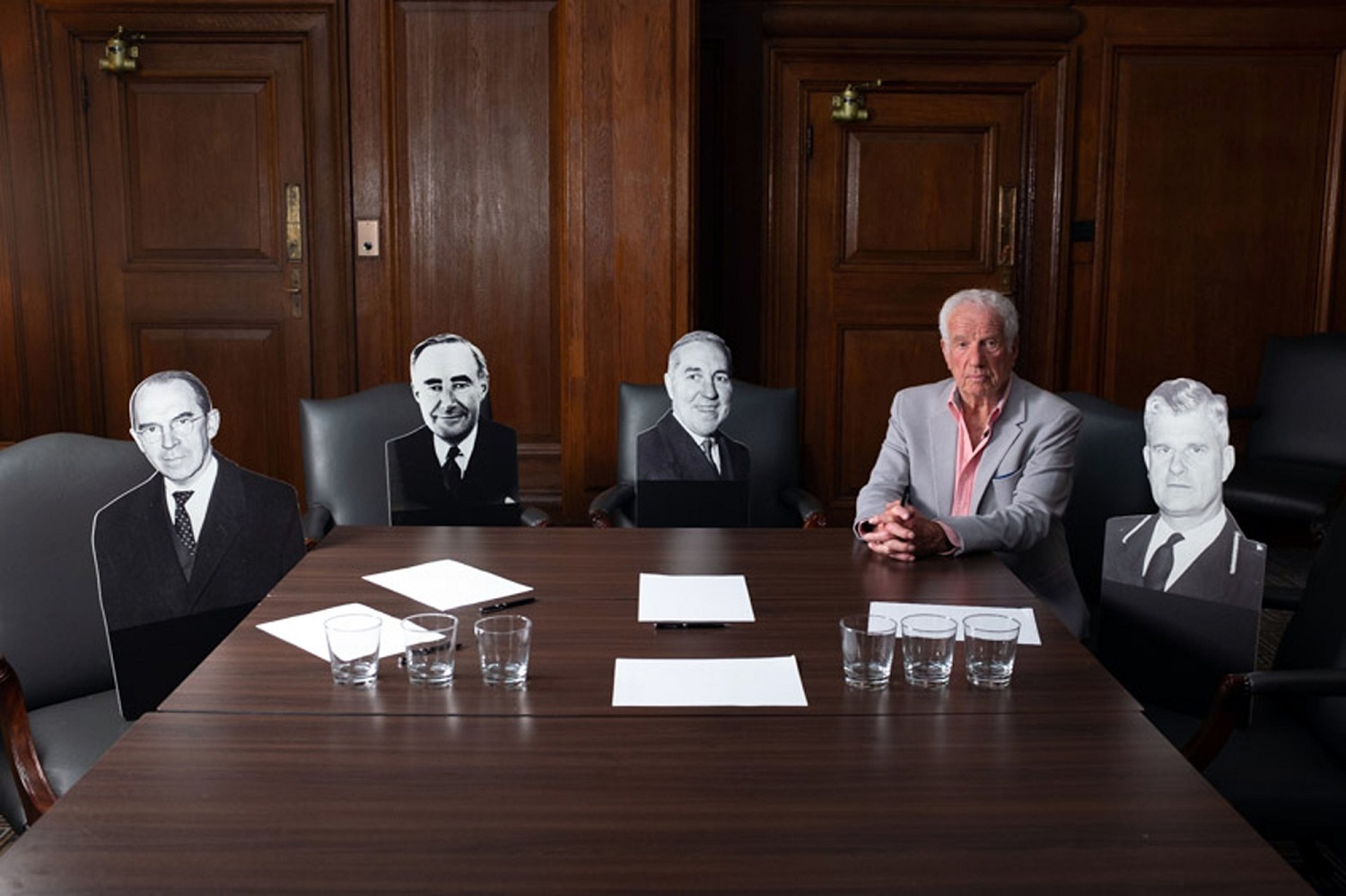Keeler, Profumo, Ward and Me, BBC2 ★★★★
As The Trial of Christine Keeler drew to a close on BBC One, a fascinating companion piece shed even more light on the behind-the-scenes machinations of the Establishment to put the lid on a scandal that had rocked it to the core.
Keeler, Profumo, Ward and Me was a memoir from the front line by Panorama veteran Tom Mangold, who in 1963 was a young reporter on the Daily Express.
He was given the task of looking after the society osteopath, artist and bon viveur Stephen Ward – bought up, as Christine Keeler and Mandy Rice-Davies had been, by the tabloids – and found himself at the centre of the storm in an era when print journalism was king and “getting the story” and “claiming a scalp” were the absolute priorities. As he put it, money talked, sex sold papers by the vanload and “ethics was a county near London”.

Plus ça change, you might say. And initially there seemed to be too much rose-tinted nostalgia for his hack pack days at “the mightiest beast in Fleet Street”. The combination of archive footage with plummy voiceovers and clubbable old coves reminiscing about the old days – to a soundtrack of louche jazz and period chart toppers – was a standard 60s documentary template, too.
But just as the BBC1 drama has steadily improved, detailing aspects of the story I never knew before, Mangold’s forensic examination of the lengths the government of the day went to in order to blacken the names of Ward and “his young women” gradually painted an even grimmer picture of character assassination and witness intimidation than the fictional version, as he detailed the secret meeting at which the then home secretary told the heads of Scotland Yard and MI5 to fabricate a case against Ward.

Previously unheard interviews with Ward and Keeler added to the impact and an unearthed document hinted at an even bigger scandal involving an even more prominent minister.
It was a reminder that nothing Keeler, Ward or even the dissembling, adulterous minister John Profumo did was actually a crime, but a government instructing the police to put its chosen scapegoats in jail is an offence against democracy. The barrister and human rights activist Geoffrey Robertson called Ward’s case “one of the worst wrongful convictions in our history”. And the courts and the media, wittingly or unwittingly, colluded with it. The climax, as Mangold read out the letter Ward left him before killing himself, showed that these “stories” and “scalps” were real people – who had their lives destroyed.

